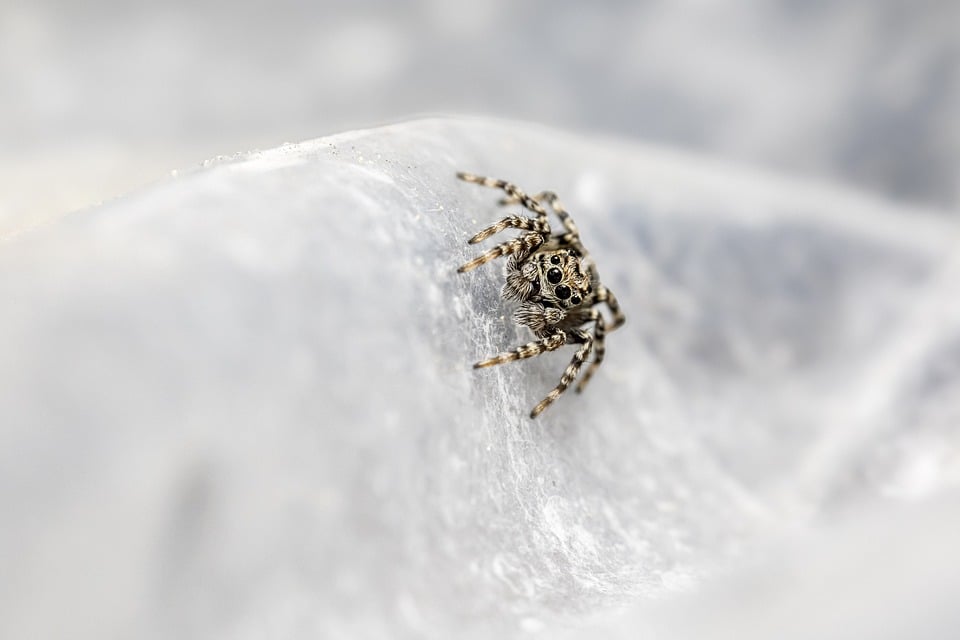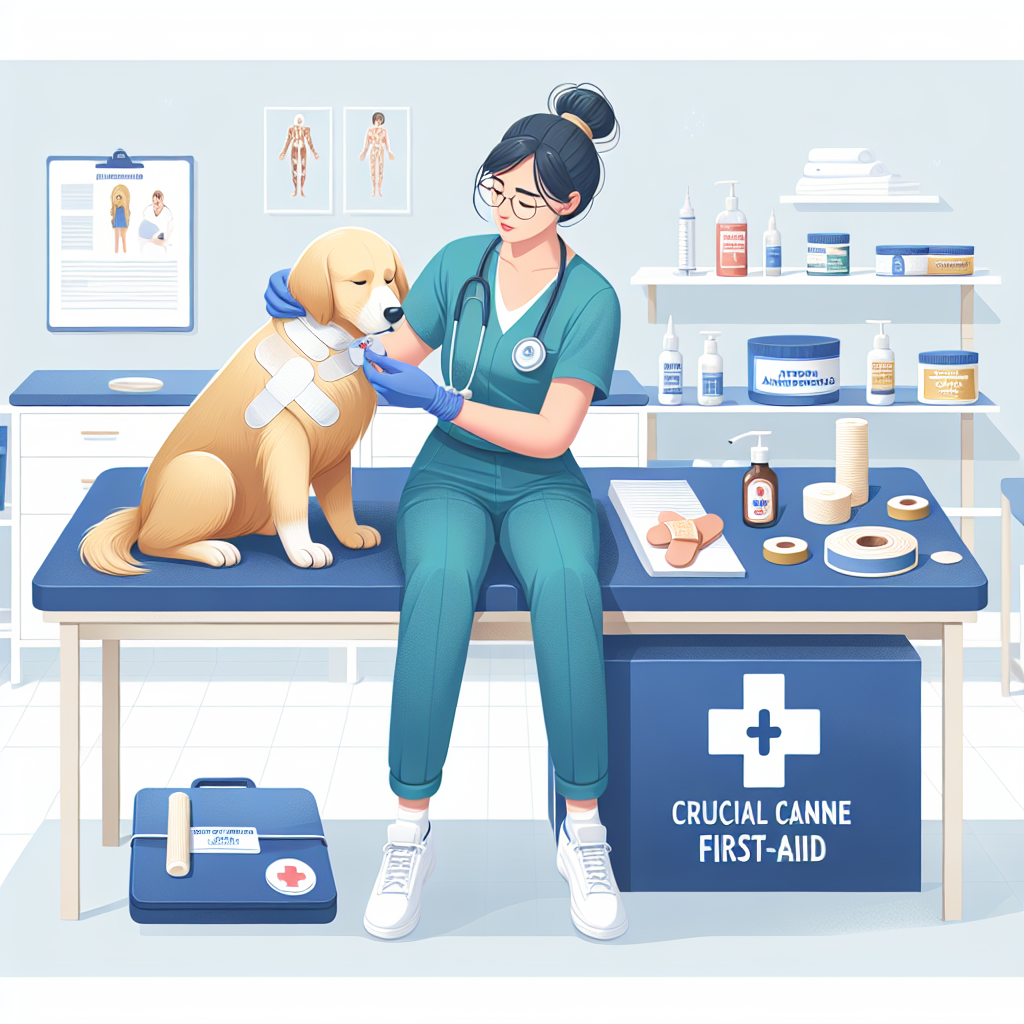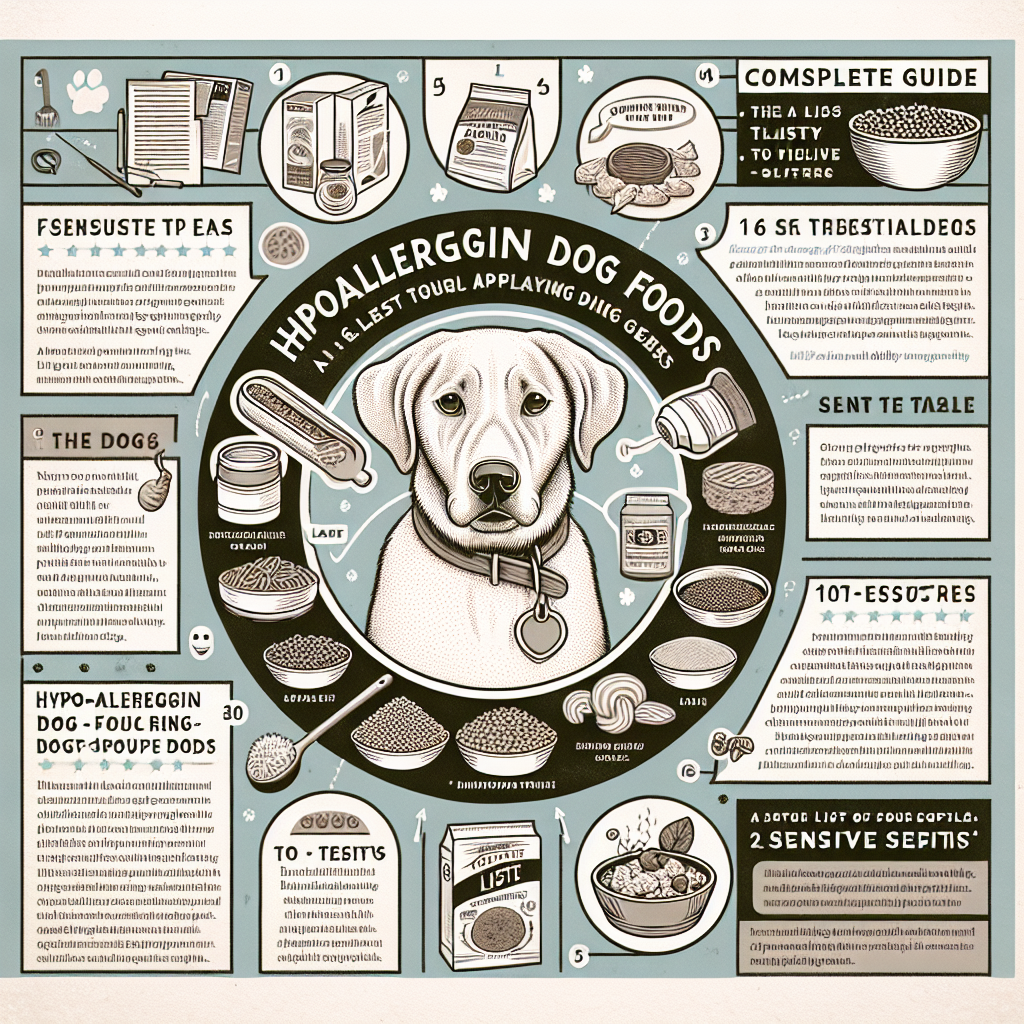
Dogs bring unparalleled joy and companionship to our lives, but their welfare requires vigilance and care. Among the numerous health concerns, parasites represent a significant threat due to their potential to cause serious health issues. In this article, we focus on the top 10 parasites that can affect your dog, their prevention, symptoms, and treatment tips to ensure your furry friend remains healthy and happy.
1. Fleas
Prevention
Fleas thrive in warm and humid environments and can be a year-round problem. Preventive measures include:
- Regular Use of Flea Preventives: Topical treatments, oral medications, and collars are highly effective.
- Clean Living Environment: Maintain clean bedding and regularly vacuum carpets and furniture.
- Control Outdoor Exposure: Limit your dog’s interactions with stray or wild animals, as they often carry fleas.
Symptoms
- Constant scratching and biting
- Red, irritated skin
- Hair loss
- Flea dirt (black specks) on your dog’s skin
Treatment
- Direct Treatments: Medicated shampoos, flea combs, and flea dips.
- Environmental Treatment: Use flea sprays or foggers in your home. Wash all bedding and soft furnishings that your dog uses.
2. Ticks
Prevention
Ticks are often found in grassy, wooded areas. Preventive strategies include:
- Tick Preventives: Oral medications, topical treatments, and collars.
- Regular Checks: Examine your dog’s coat after outdoor activities.
- Tick-Free Yard: Keep your yard trimmed and free from leaf and grass piles.
Symptoms
- Lethargy
- Joint swelling or pain
- Loss of appetite
- Visible ticks on the skin
Treatment
- Tick Removal: Use tweezers to grasp the tick close to your dog’s skin and pull straight out. Clean the area with antiseptic.
- Veterinary Care: If symptoms persist or if the tick may have transmitted diseases like Lyme disease, seek veterinary assistance for further testing and treatment.
3. Heartworms
Prevention
Heartworm is transmitted by mosquitoes and requires year-round vigilance.
- Monthly Preventive Medications: Either oral pills or topical applications.
- Regular Testing: Annual heartworm tests, as early diagnosis is crucial.
Symptoms
- Persistent cough
- Lethargy
- Weight loss
- Difficulty breathing
Treatment
- Medications to Kill Heartworms: These are administered through a series of injections.
- Restricted Activity: Limit your dog’s exercise during treatment to reduce strain on the heart and lungs.
4. Roundworms
Prevention
These intestinal parasites are common, especially in puppies.
- Regular Worming Treatment: Monthly deworming during early stages of life and regular intervals thereafter.
- Good Hygiene: Clean up feces promptly in your yard and prevent your dog from ingesting soil or feces outdoors.
Symptoms
- Pot-bellied appearance in puppies
- Vomiting
- Diarrhea
- Coughing, if the larvae migrate to the lungs
Treatment
- Deworming Medications: Available from your veterinarian, which can be administered orally.
- Follow-Up: Conduct follow-up fecal tests to ensure the parasites have been eliminated.
5. Hookworms
Prevention
Hookworm larvae can penetrate the skin or be ingested from the environment.
- Regular Deworming: Administer broad-spectrum dewormers as a preventive measure.
- Hygienic Practices: Maintain cleanliness where your dog defecates and limit their roaming in potentially contaminated areas.
Symptoms
- Anemia (pale gums and weakness)
- Weight loss
- Bloody stools
- Itchy rash, if larvae penetrate the skin
Treatment
- Anthelmintic Medications: Provided by your veterinarian.
- Supportive Care: In severe cases, blood transfusions and iron supplements may be necessary.
6. Tapeworms
Prevention
Tapeworms are often transmitted by fleas or consuming infected rodents.
- Flea Control: Maintaining flea prevention measures helps reduce the risk.
- Supervision: Monitor your dog’s activities to prevent ingestion of potential carriers.
Symptoms
- Scooting on the floor
- Rice-like segments in feces or on the dog’s rear
- Weight loss
- Vomiting
Treatment
- Deworming Medications: These are administered orally and are effective against tapeworms.
- Enhanced Flea Control: Ensure ongoing flea prevention to avoid re-infection.
7. Coccidia
Prevention
Coccidia is a microscopic parasite usually found in dogs that have come into contact with contaminated feces.
- Clean Environment: Maintain hygiene in kennels and living areas.
- Avoiding Contact: Prevent your dog from eating feces or scavenging.
Symptoms
- Diarrhea, sometimes with blood
- Dehydration
- Weight loss
Treatment
- Prescription Medications: Antiprotozoal drugs prescribed by your veterinarian.
- Hydration and Diet: Ensure your dog remains hydrated and provide a nutritious diet to support recovery.
8. Giardia
Prevention
Giardia thrives in contaminated water sources, such as puddles and streams.
- Clean Drinking Water: Ensure your dog drinks clean, fresh water.
- Monitoring: Avoid letting your dog drink from unknown or stagnant water sources.
Symptoms
- Diarrhea
- Weight loss
- Greasy stools
Treatment
- Antibiotics and Antiprotozoal Medications: Prescribed by your veterinarian.
- Sanitization: Clean your dog’s living environment to prevent re-infection.
9. Whipworms
Prevention
These worms commonly thrive in soil and can infect dogs through ingestion.
- Regular Deworming: Use dewormers that target whipworms.
- Sanitary Measures: Clean your yard and discourage digging in potentially contaminated soil.
Symptoms
- Bloody diarrhea
- Weight loss
- Anemia
Treatment
- Deworming Medications: Multiple treatments may be required due to the parasite’s lifecycle.
- Supportive Care: Nutritional support and maintaining hydration are critical.
10. Mange Mites
Prevention
Mites cause mange, leading to intense itching and skin infections.
- Regular Veterinary Checkups: Early detection through regular skin examinations.
- Good Hygiene: Maintain a clean living environment.
Symptoms
- Intense itching and scratching
- Hair loss
- Red, inflamed skin
- Scabs and sores
Treatment
- Topical or Oral Medications: Medicated baths, dips, or oral treatments prescribed by your vet.
- Isolation: Prevent spreading if you have multiple pets, as mange is highly contagious.
Conclusion
Protecting your dog from these top 10 parasites involves integrated preventive measures, including regular veterinary care, good hygiene practices, and environmental controls. Understanding the symptoms and available treatments ensures that any infestations are promptly addressed, thereby safeguarding your dog’s health and wellbeing. Remember to work closely with your veterinarian to establish effective preventive and treatment regimens tailored to the specific needs of your dog.
#ChatGPT assisted in the creation of this article.





